Matthew Foldi and Mercedes Schlapp Discuss Israel’s Strikes on Iran on America UnCanceled
- Staff Writer

- Jun 20, 2025
- 2 min read

In a recent episode of America UnCanceled, host Mercedes Schlapp sat down with Matthew Foldi, Editor-in-Chief of the Washington Reporter, to discuss Israel’s preemptive strikes on Iranian nuclear facilities and leadership. Foldi, who was in Israel during the attacks, offered a firsthand account of seeking shelter from Iranian missile barrages, highlighting the resilience of Israelis accustomed to such threats.
Last week, Israel launched targeted strikes on Iranian nuclear sites, eliminating key figures tied to the program and igniting an exchange of retaliatory attacks. Foldi recounted his experience in Jerusalem, where he and others had just 10 minutes to reach bomb shelters as Iranian missiles approached. “The calm was remarkable, resilient, and infectious,” Foldi told Schlapp, noting that post-1990s buildings in Israel are equipped with shelters to withstand such assaults. He emphasized that panic would be the worst response in these high-stakes moments.
Schlapp pointed to a broad American consensus, echoed by President Donald Trump, that Iran must not acquire nuclear weapons. Unlike past skirmishes, Israel’s current campaign aims to dismantle Iran’s nuclear ambitions and potentially destabilize its authoritarian regime, either through military pressure or by fueling internal dissent among Iranians frustrated with their government. “The question of who will lead Iran next lies with the Iranian people,” Foldi said.
Iran’s response has drawn criticism. Foldi condemned its indiscriminate missile strikes, including one that hit an Israeli hospital, as evidence of intent to maximize civilian casualties. He also highlighted the regime’s brutal domestic policies, such as punishing homosexuals or women for defying hijab laws, while noting Iran’s untapped potential for prosperity given its rich resources and historical legacy—a vision Trump supports under reformed governance. Iran’s actions have further isolated it globally, with nations like Russia and China distancing themselves, and its proxy, Hezbollah, significantly weakened.
The world awaits President Trump’s response. Schlapp underscored his anti-war stance, a departure from the interventionist policies of past administrations. She suggested Trump might favor a targeted strike on Iran’s nuclear infrastructure over a broader conflict. Foldi praised U.S. support for Israel, including the provision of “bunker-buster” missiles, and expressed relief at Trump’s leadership. “With Trump in the White House, not Kamala Harris, Israel has the backing it needs,” he said, warning that the global stakes would be far higher without it.








.png)




_gif.gif)